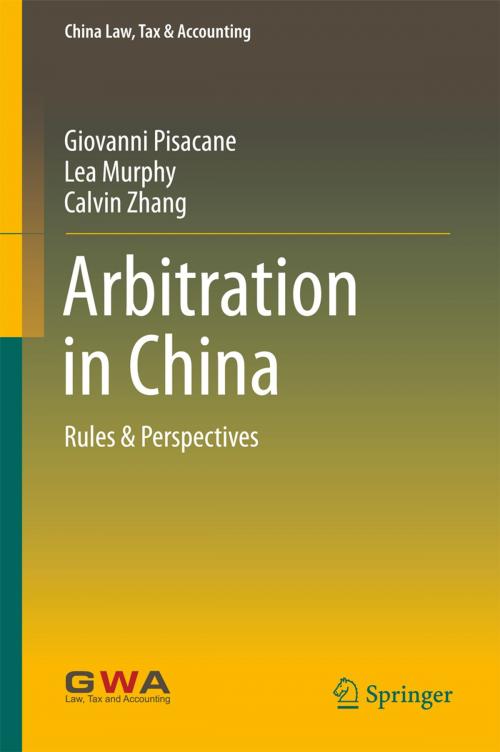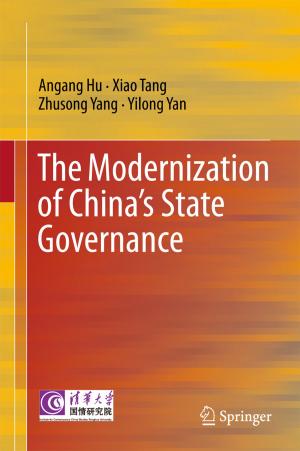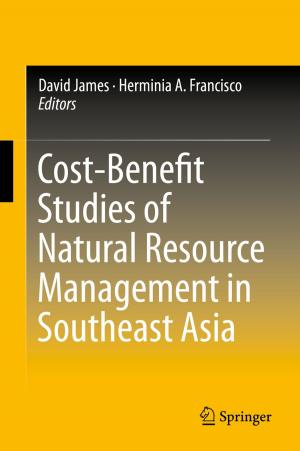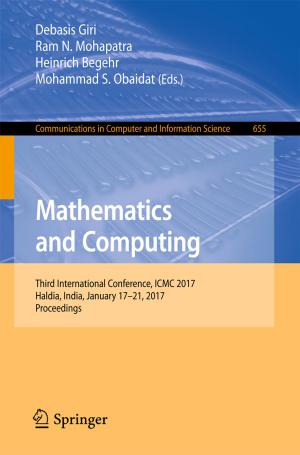Arbitration in China
Rules & Perspectives
Nonfiction, Reference & Language, Law, Arbitration, Negotiation, & Mediation, International| Author: | Giovanni Pisacane, Lea Murphy, Calvin Zhang | ISBN: | 9789811006845 |
| Publisher: | Springer Singapore | Publication: | April 5, 2016 |
| Imprint: | Springer | Language: | English |
| Author: | Giovanni Pisacane, Lea Murphy, Calvin Zhang |
| ISBN: | 9789811006845 |
| Publisher: | Springer Singapore |
| Publication: | April 5, 2016 |
| Imprint: | Springer |
| Language: | English |
The book provides a comprehensive and practical overview of arbitration in the People’s Republic of China. The process of arbitrating a dispute is described from the perspective of a non-Chinese individual or business. Readers are guided through the typical course of events in an arbitration process. By avoiding both excessive technicality and undue simplification, the book appeals to both law professionals and business managers, and is useful for practitioners and non-experts alike. Recent developments in Chinese law on the matter, up to the first quarter of 2015, has been taken into account in order to provide readers with a pragmatic, up-to-date presentation of the topic. For the same reasons, illustrative reference is made to the Shanghai FTZ Arbitration Rules. The relevant provisions are noted throughout the text; the three appendices at the end of the book allow for easy referencing of the main legislation and regulations. The appendices include English versions of the most important PRC Statutes and Interpretations of Statutes on arbitration, the Arbitration Rules of the main Chinese arbitration institutions and the official Model Arbitration Clauses suggested by those institutions.
The book provides a comprehensive and practical overview of arbitration in the People’s Republic of China. The process of arbitrating a dispute is described from the perspective of a non-Chinese individual or business. Readers are guided through the typical course of events in an arbitration process. By avoiding both excessive technicality and undue simplification, the book appeals to both law professionals and business managers, and is useful for practitioners and non-experts alike. Recent developments in Chinese law on the matter, up to the first quarter of 2015, has been taken into account in order to provide readers with a pragmatic, up-to-date presentation of the topic. For the same reasons, illustrative reference is made to the Shanghai FTZ Arbitration Rules. The relevant provisions are noted throughout the text; the three appendices at the end of the book allow for easy referencing of the main legislation and regulations. The appendices include English versions of the most important PRC Statutes and Interpretations of Statutes on arbitration, the Arbitration Rules of the main Chinese arbitration institutions and the official Model Arbitration Clauses suggested by those institutions.















